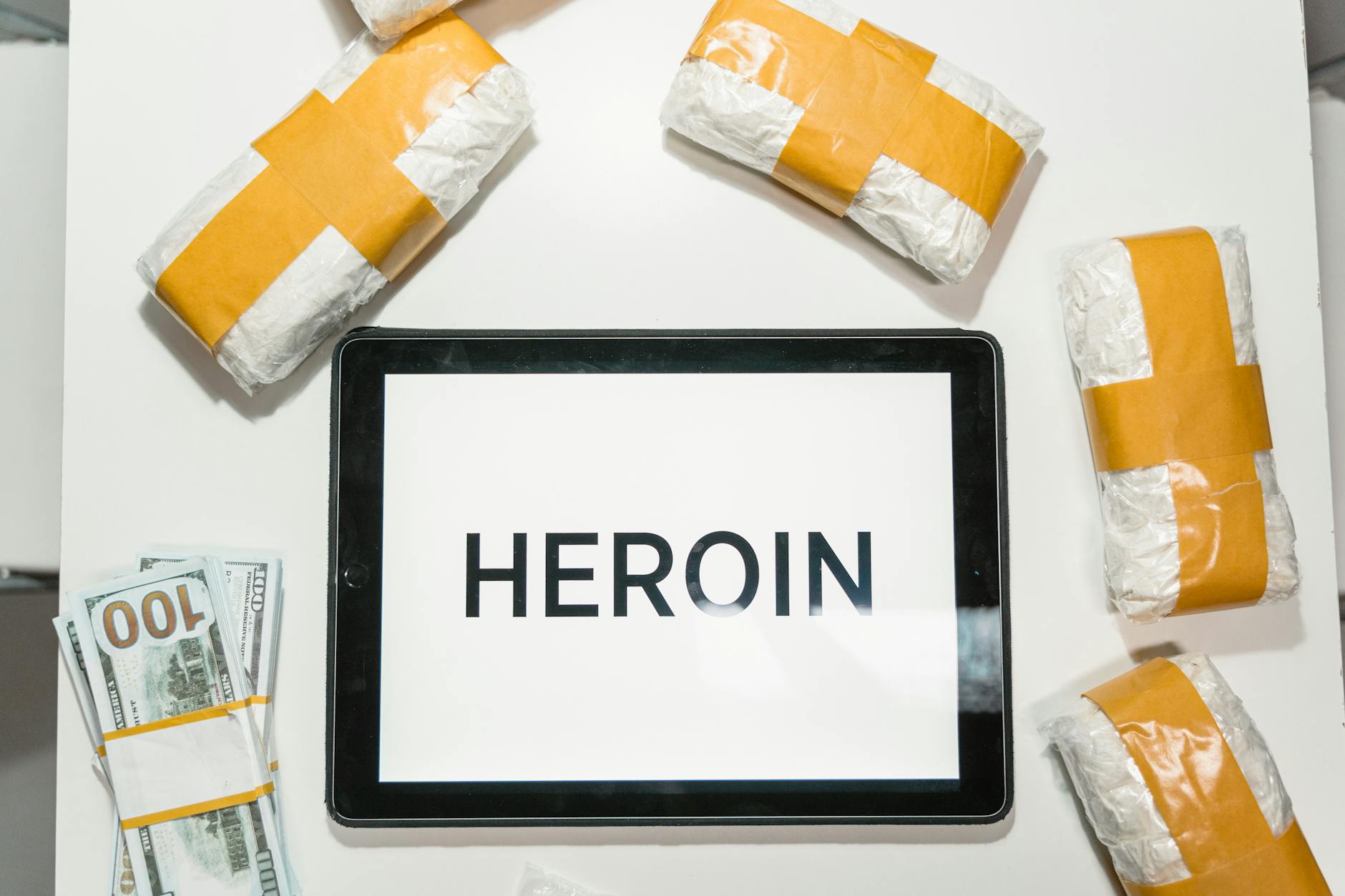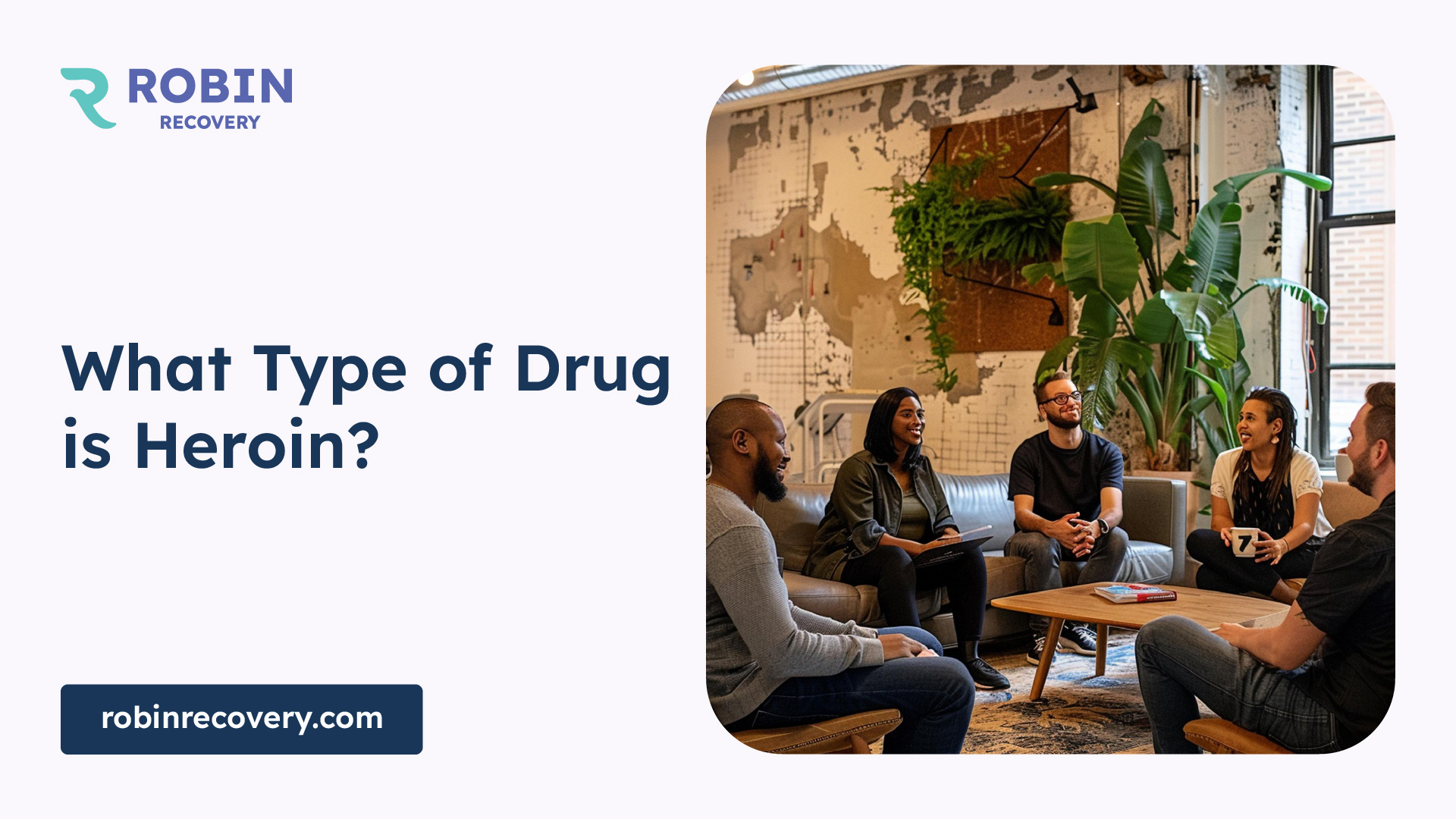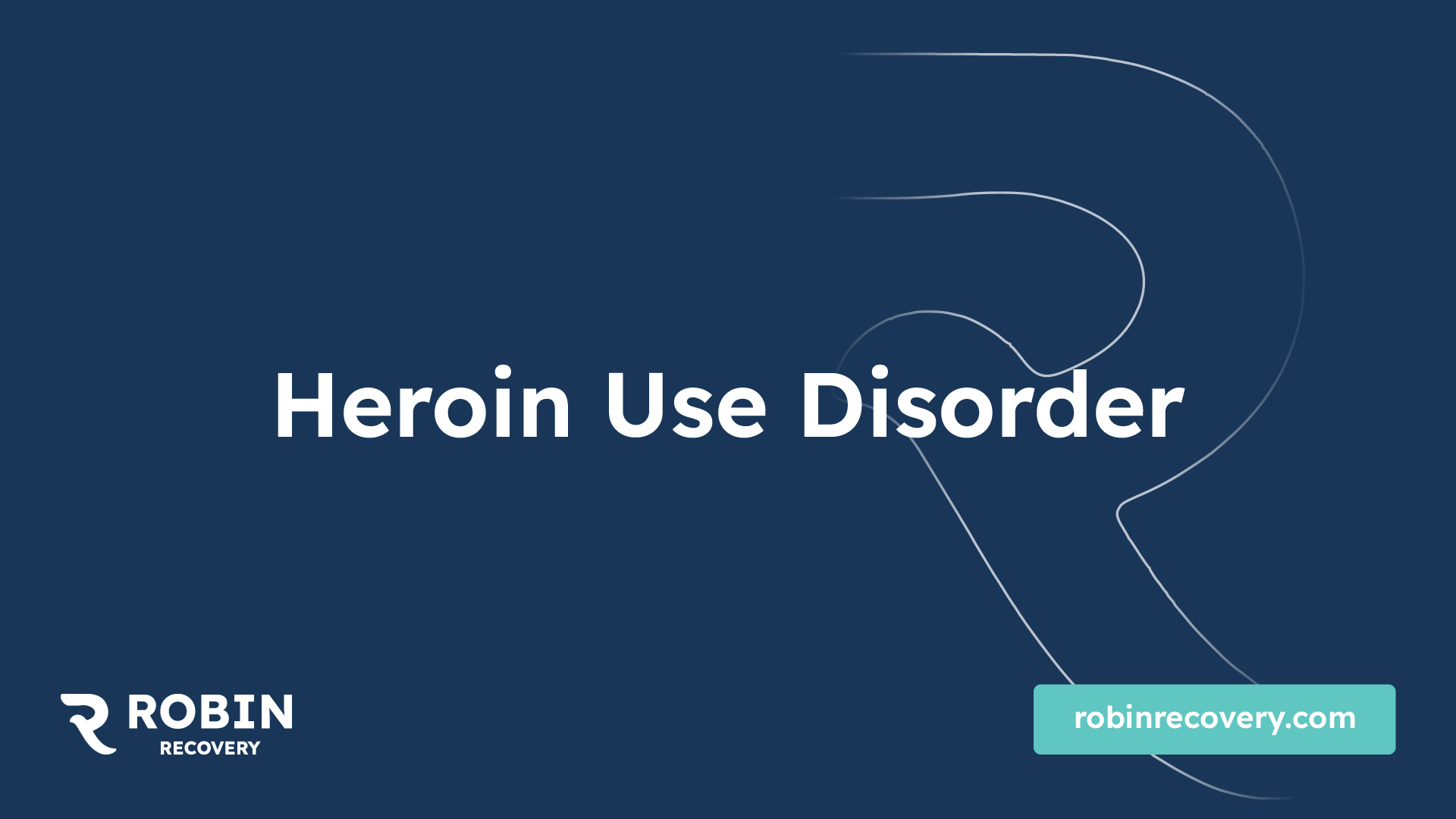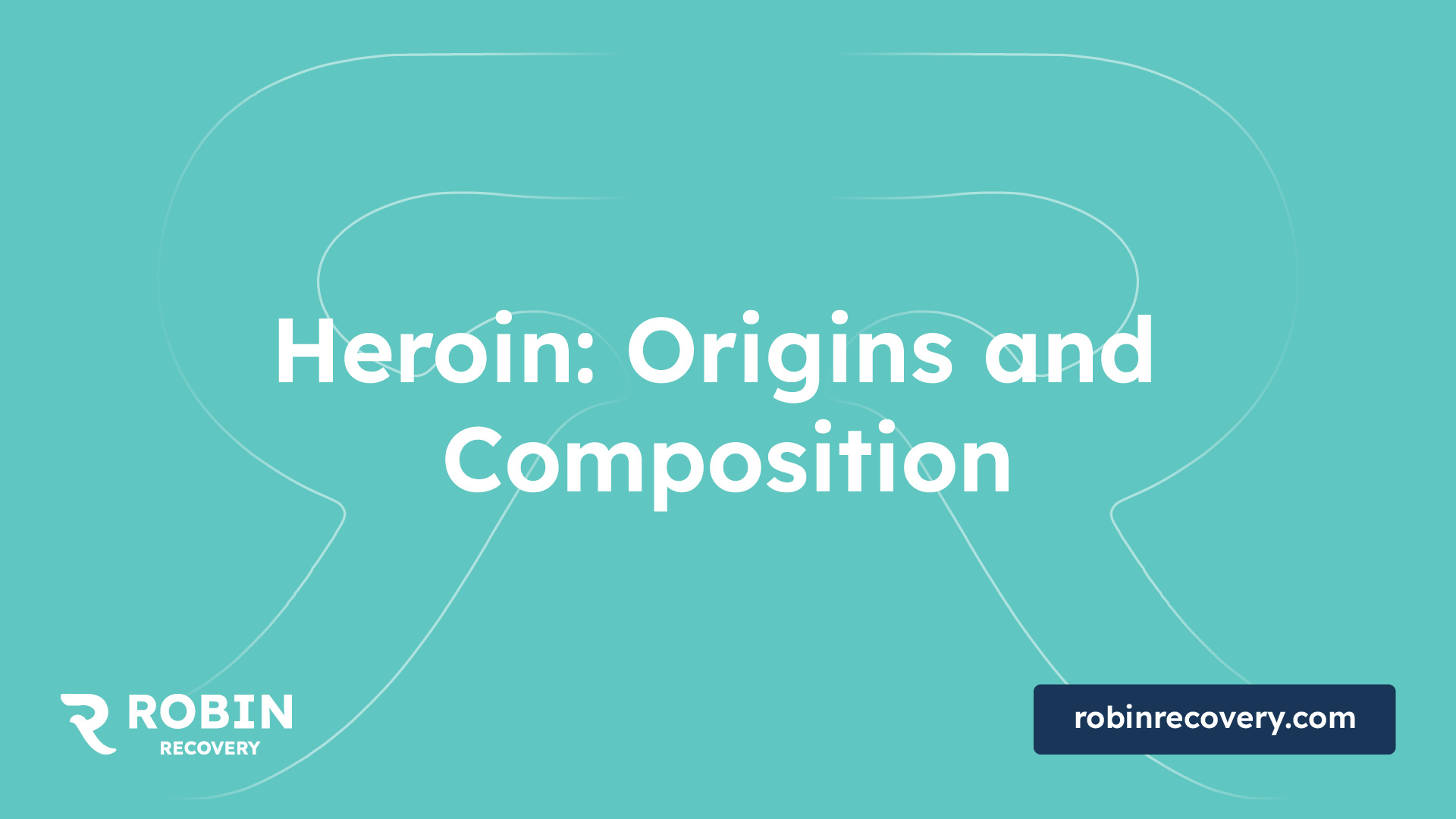What Type of Drug is Heroin?


Understanding Heroin Addiction
To truly grasp the nature of heroin addiction, it is essential to explore its definition, classification, as well as the risks and consequences associated with its use.
Definition and Classification
Heroin is a powerful opioid drug derived from morphine, and it belongs to the class of drugs known as opioids. It is classified as a Schedule I drug in the United States, which means it is completely illegal and has no accepted medical uses according to the American Addiction Centers and the Texas State Board of Pharmacy. The Drug Enforcement Administration (DEA) also classifies heroin as a Schedule I drug, indicating that it has a high potential for abuse and no currently accepted medical use in the country.
Heroin is derived from the opium poppy flower, which typically grows in regions such as Mexico, Asia, and South America. This highly addictive drug has been illegal in the United States since 1924 [2].
Risks and Consequences
Using heroin carries significant risks and consequences. The immediate effects of heroin use include a rush of euphoria, followed by drowsiness, slowed breathing, and clouded mental functioning. The long-term effects can be devastating, both physically and psychologically.
Repeated heroin use can lead to tolerance, requiring individuals to use higher doses to achieve the desired effects. This escalation of dosage increases the risk of overdose, which can be fatal. Additionally, sharing needles used for heroin injection increases the risk of contracting HIV, hepatitis, and other infectious diseases.
Heroin addiction can have profound consequences on various aspects of life, including relationships, work, and overall well-being. Individuals struggling with heroin addiction may experience financial difficulties, legal troubles, and a decline in physical and mental health. It is important to seek help and support for heroin addiction to minimize the potential negative outcomes.
Understanding the definition, classification, risks, and consequences of heroin addiction is crucial in raising awareness and promoting the importance of prevention, treatment, and support for individuals affected by this devastating substance use disorder. If you or someone you know is struggling with heroin addiction, it is crucial to reach out to professional resources, such as SAMHSA's National Helpline, to access treatment referral and information services [3].

Heroin Use Disorder
Heroin use disorder is a serious condition characterized by uncontrollable drug-seeking behavior and a compulsive need to use heroin, regardless of the negative consequences it may have on a person's life. Heroin is a highly addictive substance, and once a person develops heroin use disorder, seeking and using the drug becomes their primary focus in life [4].
Symptoms and Behaviors
The symptoms and behaviors associated with heroin use disorder can vary from person to person. However, there are common signs that may indicate the presence of this disorder. Some of the symptoms include:
It's important to note that heroin use disorder can affect individuals regardless of their age, gender, or socioeconomic background. If you or someone you know is exhibiting these symptoms, it is crucial to seek professional help and support.
Impact on Life
Once heroin use disorder takes hold, it can have a profound impact on various aspects of a person's life. The relentless pursuit of heroin can consume a person's thoughts, leading to strained relationships, loss of employment, and financial difficulties. The consequences of heroin use disorder can extend beyond the individual, affecting their family, friends, and community.
The physical and mental health of individuals with heroin use disorder also deteriorates over time. The risk of contracting infectious diseases, such as HIV and hepatitis, increases due to needle-sharing practices. The long-term effects of heroin use can include respiratory issues, liver disease, mental health disorders, and cognitive impairment.
Treating heroin use disorder requires a comprehensive approach involving medical interventions, counseling, and support services. With the right treatment and support, individuals can recover from heroin addiction and rebuild their lives.
If you or someone you know is struggling with heroin use disorder, reach out to a healthcare professional or a helpline to get the help and support needed to overcome this challenging addiction. Remember, recovery is possible, and there are resources available to assist you in your journey towards a healthier and drug-free life.

Heroin: Origins and Composition
To understand what type of drug heroin is, it's important to explore its origins and composition. Heroin is derived from the opium poppy plant and undergoes a chemical process to become the drug it is known as today. Let's delve into the production process and the chemical structure of heroin.
Production Process
Heroin is considered a "semi-synthetic" drug. It begins as morphine, which is one of the natural opiates found in the seed of the opium poppy plant. However, it requires a chemical process to be transformed into heroin. The production of heroin occurs in illegal drug labs, often situated in close proximity to regions where opium poppies grow. The drugmakers frequently mix heroin with other substances to increase its bulk, reduce costs, and enhance its potency. These additional substances can include fentanyl, a powerful painkiller that is illicitly manufactured and sold.
Chemical Structure
Heroin has a varying appearance depending on the region. In southwest Asia, it is commonly found as a brown powder in the form of the free base, insoluble in water but soluble in organic solvents. In southeast Asia, it often appears as a white powder in the form of the hydrate hydrochloride salt, soluble in water but insoluble in organic solvents [5].
The chemical structure of heroin contributes to its psychoactive properties. When consumed, heroin is rapidly converted back into morphine in the body. Morphine binds to opioid receptors in the brain, producing various effects including pain relief, euphoria, and sedation.
It is important to note that heroin is an illegal drug due to its highly addictive nature and potential for abuse. The use and possession of heroin have been prohibited in the United States since 1924.
Understanding the origins and composition of heroin provides insight into the drug's properties and the risks associated with its use. For information on the duration of heroin's presence in the body, refer to our article on how long does heroin stay in your system?.
Effects of Heroin Use
Heroin, classified as an opioid drug, has significant short-term and long-term effects on individuals who use it. Understanding these effects is crucial in comprehending the impact of heroin use on both the body and the mind.
Short-Term Effects
When an individual uses heroin, they may experience an immediate rush of intense pleasure, relaxation, and euphoria. This occurs due to heroin's fast-acting nature, which rapidly binds to opioid receptors in the brain. The initial rush is often followed by a period of drowsiness and mental cloudiness. The effects of heroin typically last around 3 to 5 hours.
In addition to the pleasurable effects, heroin use can also lead to various short-term physical and mental health effects, including:
It is important to note that the short-term effects of heroin can vary depending on the purity and potency of the drug, as well as the individual's tolerance and overall health.
Long-Term Effects
The long-term effects of heroin use can be particularly detrimental to both physical and mental well-being. Prolonged use of heroin can have severe consequences on various aspects of an individual's life.
Physically, heroin use can result in:
Psychologically, the long-term effects of heroin use may include:
It is important to note that heroin use results in profound tolerance and physical dependence. Over time, the body adapts to the drug's presence, requiring higher doses to achieve the desired effects. Abruptly reducing or stopping heroin use can lead to withdrawal symptoms, which can include restlessness, muscle and bone pain, insomnia, diarrhea, vomiting, cold flashes with goosebumps, and leg movements. Major withdrawal symptoms typically peak between 24 to 48 hours after the last dose and subside within about a week [4].
Understanding the short-term and long-term effects of heroin use is crucial for individuals considering or currently struggling with heroin addiction. Seeking appropriate treatment and support is essential in combating the detrimental consequences of heroin addiction and improving overall health and well-being. If you're curious about how long heroin stays in your system, check out our article on how long does heroin stay in your system?.
Heroin Withdrawal
Withdrawal from heroin can be a challenging and uncomfortable experience for individuals who have developed a dependence on the drug. When someone abruptly reduces or stops using heroin, their body goes through a withdrawal process as it adapts to the absence of the drug. This process is characterized by a range of symptoms and can vary in intensity from person to person.
Symptoms and Timeline
Withdrawal symptoms from heroin can include:
These symptoms typically begin to emerge within 6-12 hours after the last dose of heroin. The major withdrawal symptoms usually peak between 24-48 hours and subside within about a week. It's important to note that the duration and severity of withdrawal can vary depending on factors such as the individual's level of dependence, the amount and frequency of heroin use, and personal factors such as overall health and metabolism.
Treatment Options
Seeking professional help is crucial for managing heroin withdrawal safely and effectively. Treatment options for heroin withdrawal may include:
It's important to remember that everyone's journey through heroin withdrawal and recovery is unique. A personalized treatment plan, tailored to an individual's specific needs, is essential for successful outcomes. If you or someone you know is struggling with heroin addiction, reach out to a healthcare professional or addiction specialist to discuss the available treatment options and create a plan for recovery.
For more information on heroin addiction and related topics, you can explore our articles on how long does heroin stay in your system? and heroin use disorder.
Heroin: Legal Status and Availability
Understanding the legal status and availability of heroin is essential in comprehending the societal and legal implications of its use. In this section, we will explore the classification of heroin as a Schedule I drug and its global perspective.
Schedule I Classification
Heroin is classified as a Schedule I drug in the United States. According to the American Addiction Centers, Schedule I drugs are considered highly addictive and have no accepted medical uses [6]. The Texas State Board of Pharmacy also confirms that heroin falls under Schedule I, indicating a high risk of abuse and no safe, accepted medical applications. The Drug Enforcement Administration (DEA) further defines Schedule I drugs as substances with no currently accepted medical use and a high potential for abuse [1].
As a Schedule I drug, heroin is completely illegal in the United States. Its production, distribution, and possession are strictly prohibited. The classification reflects the recognized dangers and consequences associated with the drug.
Global Perspective
Heroin's illegal status extends beyond the United States. It is considered illegal in most countries due to its potential for abuse and severe health risks. The production of heroin primarily occurs in regions such as Mexico, Asia, and South America, where the opium poppy, from which heroin is derived, is cultivated [2].
The legal status of heroin varies from country to country. While some nations have implemented strict laws to combat its production and distribution, others may have different approaches to regulation and enforcement. However, it is important to note that the global perspective generally aligns with the understanding that heroin is a dangerous and illicit drug.
By classifying heroin as an illegal substance, governments aim to deter its use and prevent the associated harms. This classification also highlights the importance of implementing comprehensive drug education, prevention, and treatment programs to address the widespread impact of heroin addiction.
Understanding the legal status and availability of heroin underscores the need for effective measures to combat its use and provide support for individuals struggling with addiction. For more information on heroin, including its effects and withdrawal symptoms, refer to the previous sections in this article.
References
[2]:
[3]:
[4]:
[5]:
[6]:
[7]:
